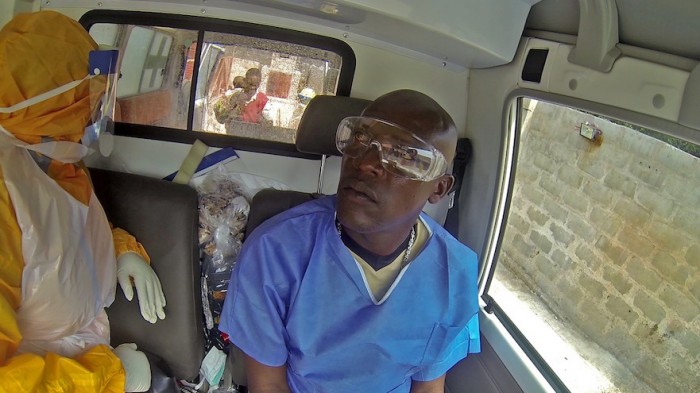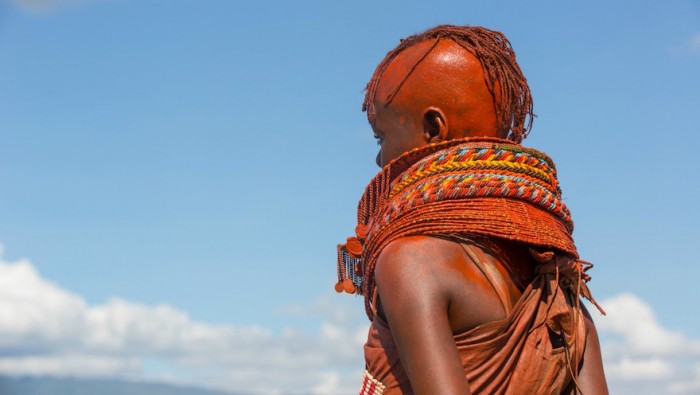Good Pitch is an international film project that connects documentary filmmakers with changemakers across civil society. This year, finalists will travel to Kenya to forge coalitions and campaigns with foundations, NGOs, philanthropists, policymakers and the media. The idea is to broaden the genre of documentary film in a way that is beneficial for these partners, filmmakers, and society.
“Good Pitch is where strategy is conceived, coalitions are forged, deals struck and pacts made; where the unlikeliest of bedfellows are met and won over; where filmmakers and changemakers spit on their hands and shake: where change begins,” reads the initiative’s web page.
Mama Marikana
In October this year, Good Pitch will introduce six new films at Kenya’s National Theatre Building. Among the entrants is Mama Marikana, a documentary that brings to light the untold story of the women left to pick up the pieces after the massacre of dozens of striking miners in August 2012.
Aliki Saragas, an alumnus of the University of Cape Town (UCT) in South Africa, began working on the film two years ago. Marikana, one of South Africa’s most impoverished mining towns, was broken by tragedy. Saragas’s film details the plight of two women trying to put the community back together.
Survivors
In Sierra Leone, filmmakers have painted a picture of the country during West Africa's Ebola epidemic which killed more than 11,300 people and infected some 28,600 as it swept through Guinea, Sierra Leone and Liberia from 2013. Directed by Arthur Pratt, Survivors chronicles the stories of Sierra Leoneans whose lives were transformed by the outbreak.
Kisulu: Before The Flood
Video diarist and smallholder Kisulu Musya documents the life of his Kenyan family in a time of drought. He documents floods, droughts, storms and human heartbreak as his family struggle to adapt to climate change. Using the unique observational footage, Musya travels to the United Nations (UN) to present his footage as evidence to delegates.
“With unique observational footage and Kisilu and Christina's own camerawork, the film strips away the layers between the family and the audience and builds a groundbreaking portrait of a farming family on the frontline of climate change,” reads Good Pitch’s website.
Other documentaries set in Kenya include, The Letter, Turkana: Race For Resources and Truth.
The Letter is the story of a young rapper, Kaladze, whose grandmother is accused of being a witch. Accused of witchcraft, around 20 elderly people are killed every month along Kenya’s coastal province. The Letter delves into the killings, showing that families conspire to kill their elders and take over their land, as a means to obtain riches.
“Raised primarily by his grandmother, Kaladze decides to defy the taboo by making an album that brings light to the whispered subject of witchcraft,” say the directors. “Our film will follow Kaladze as he embarks on a musical journey into the conflicting worlds and personalities entangled in this social affliction, uncovering the economic and cultural causes behind the killings.”
Turkana: Race For Resources documents a young activist as she leads her community, the residents of Turkana in Kenya, as they fight big oil companies for their fair share of resources. The film will follow activist Ikal Angelei as she confronts the big oil companies and the Kenyan Government through protest, policy and information campaigns so that the government can create an inclusive plan that takes into consideration the needs of the Turkana community.
Produced by Toni Kamau and directed by Peter Murimi, Truth tells the story of a father who, with two homosexual sons, has to navigate dangerous ground in Nairobi, Kenya. Here, the homosexuality is largely considered taboo.









